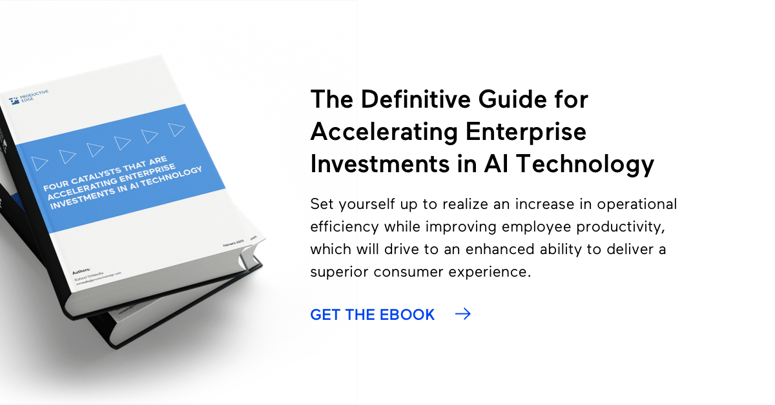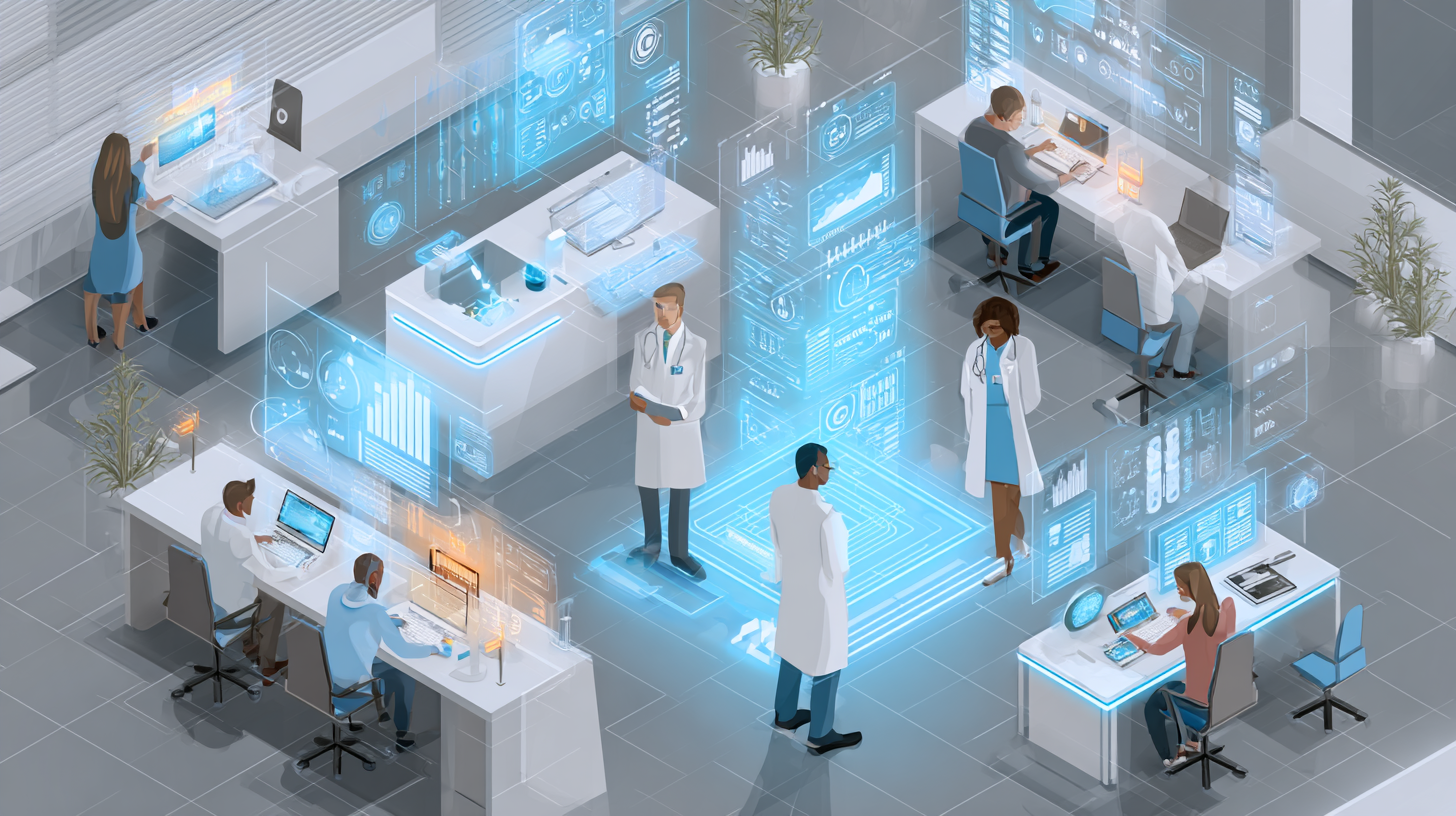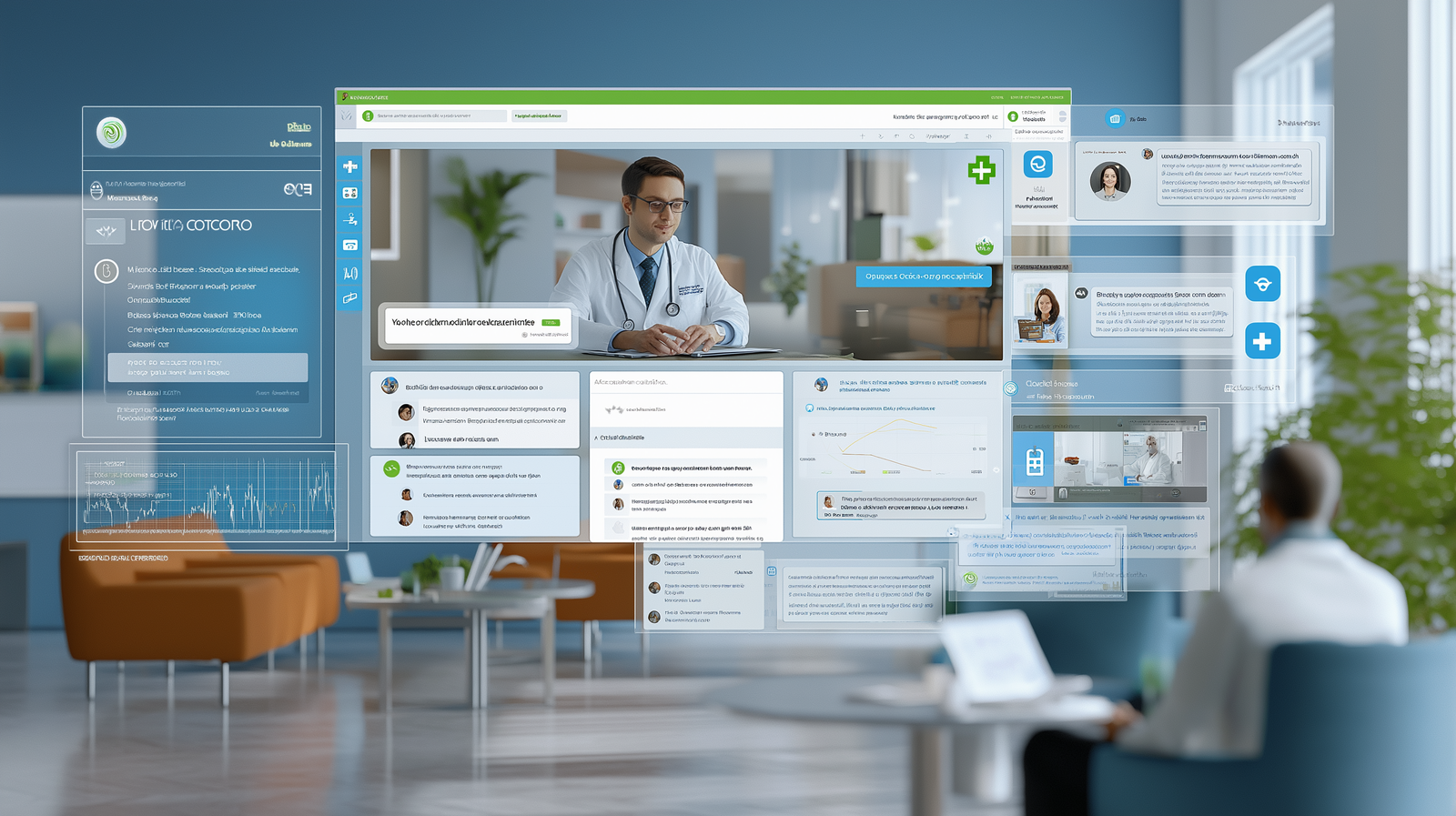Even as early as the 2000s, financial service companies began processing large volumes of structured data to train their algorithms, enabling them to learn from the data and optimize outcomes for improved business results and customer experiences.
Transitioning from the rule-based expert systems used in the 1980s and 1990s, Artificial Intelligence (AI) has become integral for tasks like credit card fraud detection in recent years. So, one would expect traditional businesses to have embraced AI technology and made investments, right? Well, not entirely.
While traditional businesses have always had access to vast amounts of data, their main obstacle has been the inability to process through and utilize the data efficiently. Further, businesses have been slow in labeling business outcomes that aid the learning process of machine learning algorithms to transform or improve the consumer experience. Primarily, digital-first companies in the tech industry have been using AI technology, and that's because they have large amounts of labeled business outcomes that are being continually used to train algorithms. Some examples of labeled outcomes include bought or not, abandoned or bought, watched in entirety or skipped, canceled or ordered, spam or not, and so on.
Major players like Amazon, Microsoft, and Facebook reportedly spend over 10% of their annual revenue on IT and AI research, whereas this figure is considerably low in other businesses.
Automation and the Digital Workforce
In 2018, WorkFusion, a top Intelligent Automation (IA) solutions company, demonstrated that applying automation to daily tasks can improve customer experience by teaming up with a top U.S. coverage executive to better the healthcare appeal system.
The Problem – Healthcare appeals are sent via email, phone calls, or by using an official web form, and essential information, including member name and complaint type, must be manually registered. This makes for a laborious, time-intensive process prone to human errors that can result in heavy costs in the event of any slowdown of an appeal.
The Automated Solution – WorkFusion devised an Intelligent Automation Cloud to convert a fully manual procedure into an automated workflow. The Automation Cloud mined data from emails using Optical Character Recognition (OCR) tools and then applied Machine Learning (ML) models to categorize and direct requests into queues.
The Benefit – WorkFusion's Intelligent Automation Cloud was able to automate nearly 90% of the workload, reducing the risk of human error, and improving the overall customer experience.
Such examples should give other businesses hope and inspiration to invest in similar automation models and switch toward a digital workforce.
Low Code, No Code, & The Citizen Data Scientist
Another reason why AI hasn't progressed as fast as it could due to a data scientist shortage, who greatly help businesses by:
- Providing a clear understanding of industry-specific automation problems
- Having the programming knowledge needed to build advanced reports
- Using math and statistics to come up with data management solutions
With enough data scientists, businesses could massively scale their workloads and exponentially improve their yearly productivity levels.
More industry heads could get involved in the field of data science using automated Machine Learning (AutoML) technology. Companies like Microsoft, DataRobot, and Google are leaders in launching products that make data science processes scalable by enabling data analysts, developers, and engineers to participate in creating and managing machine learning models.
Unquestionably, there needs to be more investment at grassroots levels. There needs to be more investment in creating AI Center of Excellence (AI CoE) models to enable a sustainable and scalable operating model for innovation and real-world application of AI models.
Customer Analytics, Personalization, & Operationalizing AI
Digital transformation must focus more on improving the customer experience through personalized digital channels, such as mobile apps and social media, as well as physical delivery (supported by digital communications) to meet today’s demands. The Customer 360 approach, for example, is a great way forward for businesses. This model involves creating AI models that generate valuable insights leveraging customer data such as transactions, customer behavior, interactions, and demographics.
Personalizing customer experiences through machine learning will gradually lead to more improvements and, ultimately, a fully automated approach. Some current examples of personalization using these techniques include posting ad recommendations based on what links the user has clicked, using automated customer service emails, and advertising personalized offers.
Companies like Amazon and YouTube are already extremely advanced in personalizing user interactions by integrating ML models to improve all forms of customer experience.
A successful example would be L'Oréal's venture into a data-driven customer service approach. To gain entry into the smartphone market, L'Oréal launched Makeup Genius, an application that allowed customers to virtually try on its makeup products before purchase. The platform scanned users’ faces and analyzed over sixty facial features to recommend the best products, and also learned one’s preferences by making deductions based on similar customers' selections to adapt its responses.
L'Oréal also teamed up with Google to collect data about specific makeup-related questions so that they could recognize, forecast, and address their requirements. To track the success of this app, the brand also launched a YouTube series of tutorial videos to demonstrate the features of and best practices for the app so that users could get the most out of it. Overall, the series amassed over 9 million views, allowing L’Oréal to massively improve its customer service process and user experience.
Empowered Edge
Empowered edge, also known as device democracy, denotes the process of facilitating computing centralization so that every user device connected to a cloud gets equal access and benefits of big data usage.
By 2023, the number of these smart AI devices is set to increase up to 20 times, benefitting industries such as:
- Retail – Facilitating sensible signage, identify the shopping patterns of customers, and present them with personalized offers.
- Industrial Automation – Connecting automated machines, predictive maintenance, and efficient quality assurance.
- Surveillance – Recognizing face patterns from images and videos.
- Smart Vehicles & Homes – Creating connectivity within each device in these structures.
- Smart Cities – Enabling smart waste management, energy management, and metering systems.
Conclusion
Rapid changes are coming to businesses that embrace AI. Perhaps the most significant catalyst of them all will be the competitive spirit of enterprises. As many companies have already devoted themselves to delivering transformative solutions by commissioning the latest AI and ML models, others are bound to follow soon.
To learn more about transforming your business with AI-enabled insights, check out our Modern Data and Analytics Accelerator, and case study, Unlocking The Power Of Personalized Engagement With A Modern Data Platform.

.png?width=650&name=accelerate_your_investments_eb2_linkedin%20(2).png)




